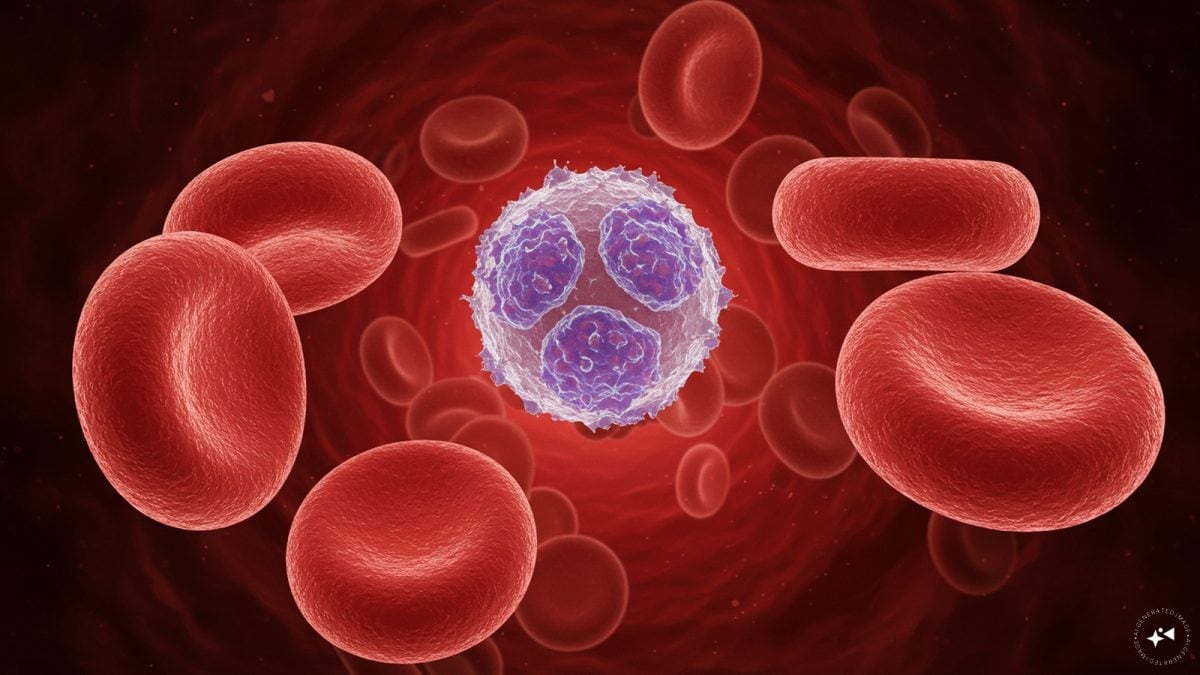Thriving with Sickle Cell: Your Guide to Lifestyle Management & Improved Quality of Life

Living with sickle cell disease (SCD) can present significant challenges, but it doesn't have to define your life. This comprehensive guide explores how a lifestyle-first approach – focusing on proactive health choices – can empower you to manage your symptoms, minimize complications, and ultimately, improve your overall quality of life.
Understanding Sickle Cell Disease: A Genetic Overview
Sickle cell disease is a group of inherited red blood cell disorders. It's caused by a genetic mutation that leads to the production of abnormal hemoglobin, the protein in red blood cells responsible for carrying oxygen. Normally, red blood cells are round and flexible, allowing them to easily move through blood vessels. In SCD, red blood cells become rigid and sickle-shaped, leading to blockages in small blood vessels. These blockages cause pain, organ damage, and other serious health problems.
Beyond Medication: The Power of a Lifestyle-First Approach
While medication and medical interventions are crucial aspects of SCD management, a lifestyle-first approach focuses on empowering individuals to take an active role in their health. This includes several key areas:
- Hydration is Key: Dehydration is a major trigger for sickle cell crises. Drinking plenty of water throughout the day helps keep red blood cells flexible and reduces the risk of blockages. Aim for at least 8 glasses of water daily, and even more during hot weather or periods of physical activity.
- Nutrition for Wellness: A balanced diet rich in fruits, vegetables, and lean protein provides essential nutrients that support overall health and help manage inflammation. Consider consulting a registered dietitian to create a personalized meal plan.
- Regular Exercise: Moderate exercise, like walking, swimming, or yoga, can improve circulation, boost your immune system, and reduce stress. Always consult with your doctor before starting a new exercise program.
- Stress Management: Stress can trigger sickle cell crises. Finding healthy ways to manage stress, such as meditation, deep breathing exercises, or spending time in nature, is vital.
- Sleep Hygiene: Getting adequate sleep (7-9 hours per night) is crucial for overall health and can help reduce the frequency of pain crises.
- Avoiding Triggers: Be mindful of environmental triggers like extreme temperatures (both hot and cold), high altitudes, and strenuous physical activity.
Managing Pain and Preventing Complications
Pain management is a cornerstone of SCD care. Work closely with your healthcare team to develop a pain management plan that addresses your individual needs. Preventative measures, such as vaccinations (especially against pneumonia and influenza), regular check-ups, and early intervention for infections, can help minimize complications.
The Importance of Support and Community
Living with a chronic condition like SCD can be isolating. Connecting with support groups, online communities, and healthcare professionals can provide valuable emotional support, information, and practical advice. Sharing experiences and learning from others can empower you to navigate the challenges of SCD and live a fulfilling life.
Looking Ahead: Advances in Treatment
Research into SCD is constantly evolving, with promising advancements in treatment, including gene therapy and new medications. Stay informed about the latest developments and discuss potential options with your doctor.
Disclaimer: This article is for informational purposes only and should not be considered medical advice. Always consult with your healthcare provider for personalized guidance and treatment.





)
